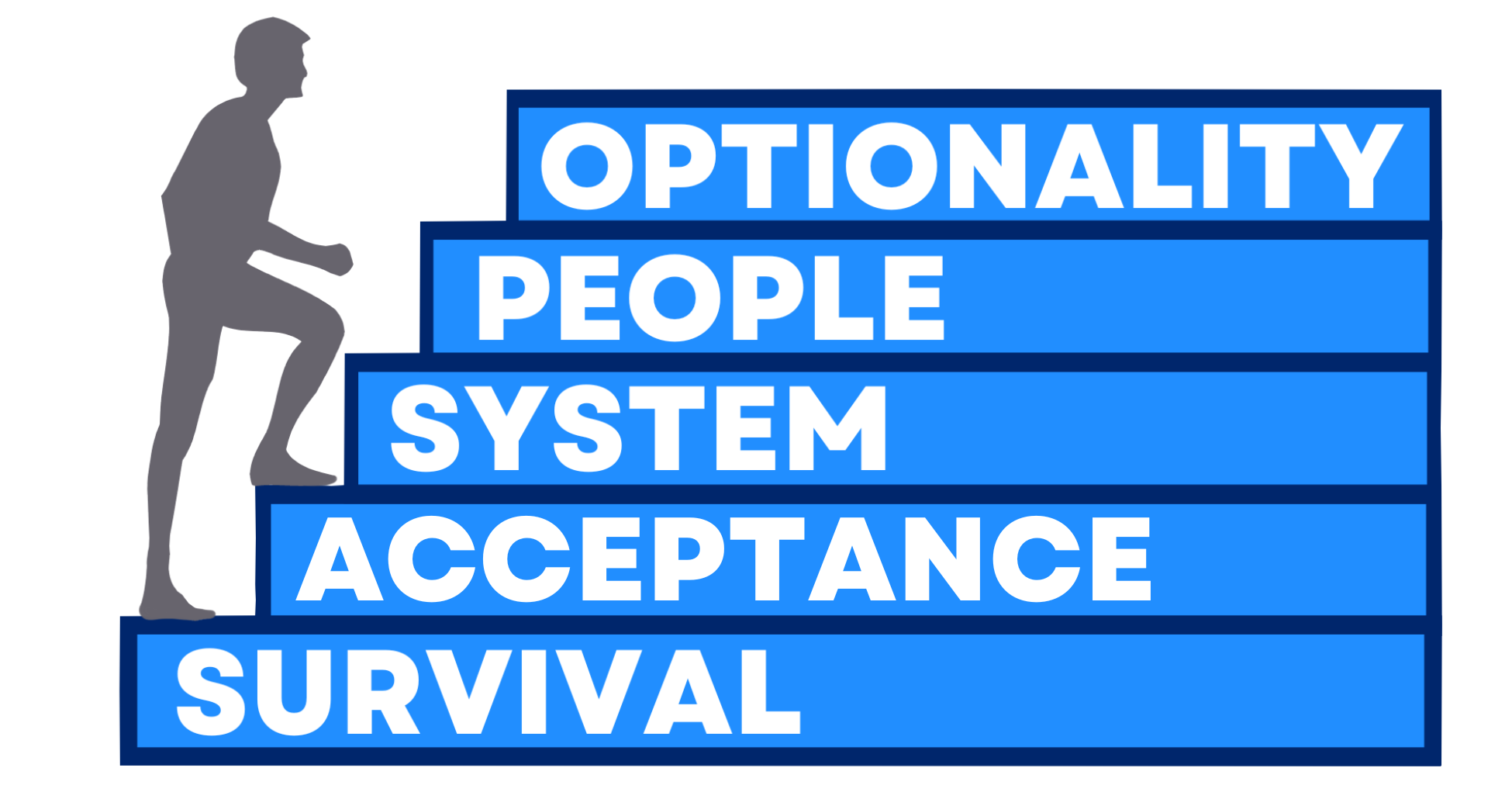What Do Credentials Really Mean?

Instead of focusing on credentials, focus on accomplishments.
Academic credentials like degrees or certifications indicate a candidate’s level of education and knowledge. However, they don’t necessarily reflect their ability to succeed in a specific role.
Rather than being swayed by impressive qualifications, shift your attention to the candidate’s accomplishments. Have they consistently achieved sales targets? Have they received awards or positive feedback? These concrete examples of success demonstrate their abilities and potential in a sales role.Credentials may seem impressive at first glance, but it’s important to recognize that they don’t necessarily translate into real accomplishments.
Let’s talk about the Fallacy of Blindly Relying on Credentials.
We often find ourselves swayed by an individual’s long list of associations, certifications, and titles. However, having a string of credentials doesn’t automatically guarantee credibility or proficiency.
Some people may use their credentials as a mask to project competence without actually possessing the necessary skills or achievements.
That’s why it’s crucial for hiring managers to exercise discernment and look beyond surface-level credentials to uncover a candidate’s actual track record.
It’s not enough for candidates to simply memorize steps or acquire credentials.
We need to see how they apply their knowledge in real-world situations. The ability to apply knowledge in diverse contexts is key to success in any field. By evaluating candidates based on their accomplishments rather than relying solely on credentials, we can identify those who can adapt and excel in unpredictable scenarios.
Let’s also not underestimate the value of commitment.
Credentials like college degrees can indicate dedication and perseverance. Studies have shown that completing a degree strongly predicts future career success.
However, it’s important to remember that credentials alone don’t define a person’s capabilities. While commitment is admirable, it should be viewed as a starting point rather than the ultimate measure of accomplishment.
When assessing qualifications, hiring managers must resist the temptation to be swayed by titles and certifications.
Instead, they should focus on understanding a candidate’s actual achievements and the impact they have made in their field. By considering tangible results and real-world accomplishments, employers can truly gauge a candidate’s worth and potential contributions.
While credentials do hold some value in terms of commitment and dedication, they should not be the sole basis for evaluating someone’s qualifications.
Accomplishments and real-world achievements carry far greater weight when assessing a candidate’s suitability for a role.
It’s our responsibility to dig deeper and uncover the actual qualifications that truly matter.






